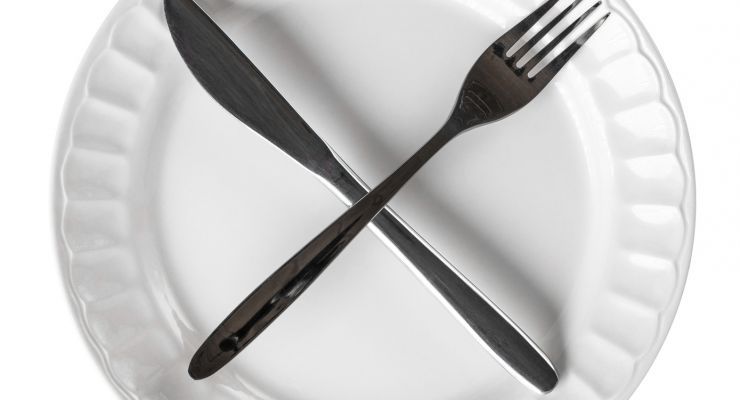We have all heard that breakfast is the most important meal of the day. While this may be true for some, it is not necessarily true for everyone. In fact, a large majority of people would be substantially healthier if they waited to have breakfast until later in the day.
I know that my body responds really well to skipping breakfast. I am never hungry first thing in the morning but ate breakfast for years because it was supposedly the right thing to do. However, when I realized that my body responds best to skipping breakfast, I started to eat my first meal at noon, having only coffee and tea in the morning.
What the research says
Researchers from Canada who have studied the eating habits of about 12,000 adults have found that “breakfast consumption was not consistently associated with differences in [body mass index] or overweight prevalence.” Another study published in the American Journal of Clinical Nutrition discovered that people who ate breakfast did no better and no worse than people who skipped breakfast.
Our ancestors did it
Waiting until later in the day, even noon, to eat your first meal has many scientifically-backed benefits. Supporters of intermittent fasting (eating only two healthy meals a day) would suggest that skipping breakfast is natural and extremely healthy. After all, our ancestors hunted and gathered food all day long and ate at the end of the day. We are designed for this.
Skipping breakfast will cause you to burn stored fat
The longer you wait to eat the first meal of your day, the more likely you will be to burn stored fat. Remember that the body will only burn this stored fat in fasting mode (or during high-intensity exercise). In a 2015 issue of The FASEB Journal, scientists looked at six studies of obese people who skipped breakfast and ate two good meals a day (intermittent fasting) at least one day a week. They found that those who practiced intermittent fasting lost an average of 2.6 percent of their body weight after one month, 6.4 percent after three months, and 8.4 percent after six months. All had improved levels of cholesterol, and insulin.
Skipping breakfast will help normalize blood sugar levels
If you are insulin sensitive (which many people are), your body is burning mostly carbohydrates and avoiding fats. This doesn’t do much good for your overall health or appearance. Chronic insulin resistance — or metabolic syndrome — happens when your body is in a constant state of insulin resistance and the body secretes, even more, insulin when you eat which further complicates a healthy metabolism.
What you must do if you skip breakfast
If you make your first meal at noon and eat another time around 6 p.m., you must eat two well balanced meals comprised of whole foods and healthy fats like coconut oil and avocado oil. Skipping breakfast is in no way an excuse to load up on junk food. Stay clear of wheat, sugar, grains and processed food of any kind. You can enjoy fresh coffee and tea. And of course, drink at least eight glasses of water daily.
Be patient and listen to your body
Be patient with your body as it responds to a new way of eating. It will soon reward you. Skipping breakfast and participating in intermittent fasting is a normalizing tool — not a get-skinny-quick fad!

